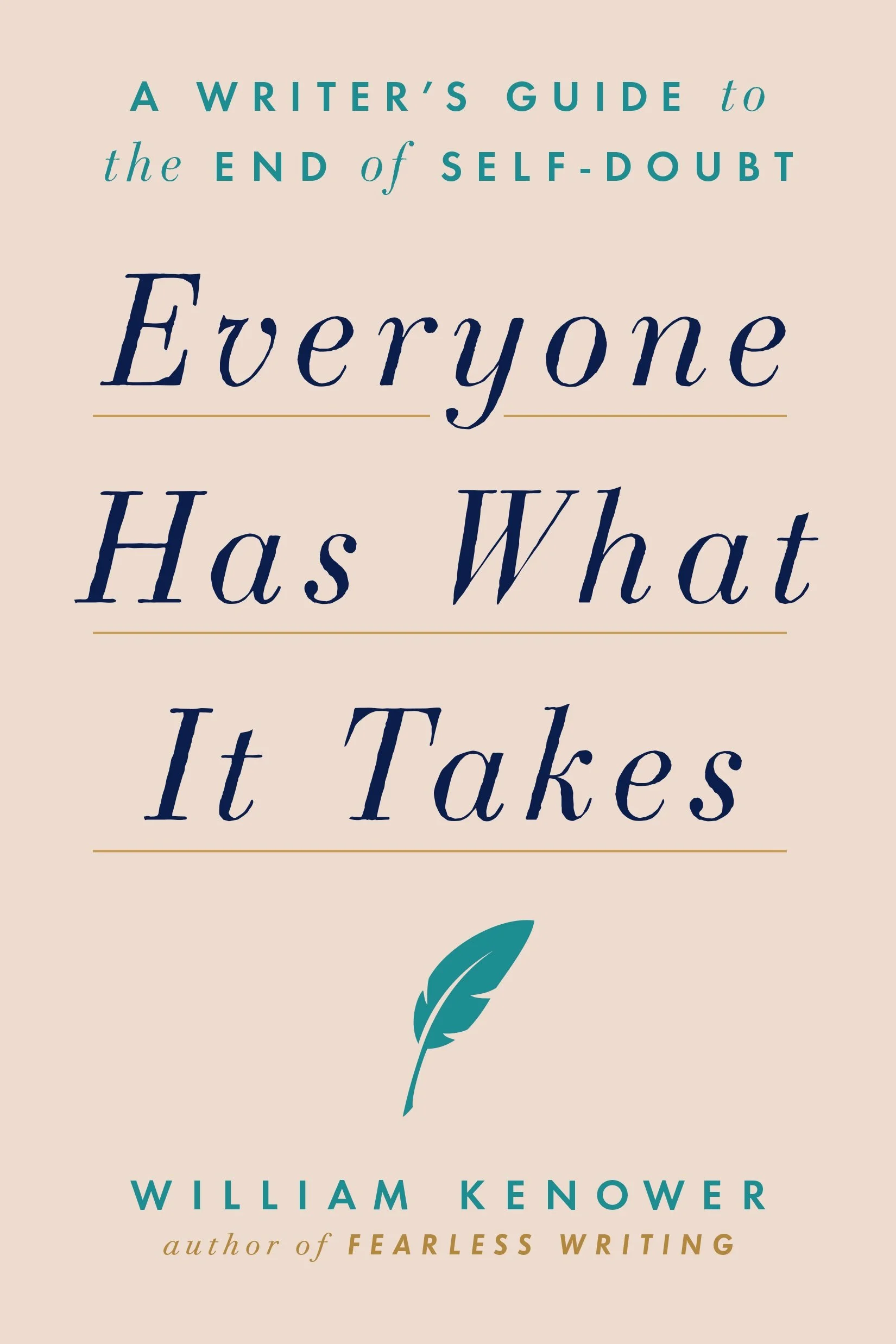Right Now
I recently read the classic children’s novel The Secret Garden, which I loved. I should say I assume it was intended for children when it was written, which was in 1911. Very different time, 1911. The protagonists in the novel are around 10 years-old, but the prose felt entirely adult to my modern ear. Then again, children in the West were still working in factories alongside grown men and women, so maybe they were seen as miniature adults in that era. The author, Francis Hodgson Burnett, also favored phonetically capturing some of the characters’ the Yorkshire accents, which I believe was still all the rage after Mark Twain did so with a Southern dialect in The Adventures of Huckleberry Finn. It wasn’t my favorite part of the story.
Then there was the language. A grumpy but ultimately kindly gardener often refers to young Mistress Mary, the story’s heroine, as a “wench.” That took some getting used to. I kept picturing medieval barmaids and Victorian prostitutes. Obviously, it meant something different then. Still, I was reading it aloud to my wife, and every time I said wench, I felt like I should apologize to someone. I had to remind myself that language, like society, and like the people who invented it, evolves. We can lay down all the rules about meaning and usage we want, but it will keep changing because that is its nature.
It's our nature also. Every time I sit down to write, I’m not quite the same person I was the day before. I look like the same person, and I’m sitting in the same chair facing the same computer in the same office, but something happened yesterday, and I thought about it and reached a decision. Or maybe I didn’t think about it, maybe I tried to ignore it, and now that unresolved experience still lives in my heart asking for my attention. It won’t stop until I listen to it. That question, that itch, that incomplete thought, wasn’t there yesterday but it is today, and so I feel a little different.
Although certain things about me and about life absolutely never change. For instance, every single time I’ve worried about the future, every time I thought that if a certain thing happened all would be ruined, I was wrong. Sometimes the thing happened and sometimes it didn’t, but I was always okay in the end. It can be hard to make sense of, since my mind can picture devastation and collapse as clearly as I can see a grainy photo of children sewing hemlines in factories. No matter. Neither are real right now, which is where I am, and where I always write, and where I’ll always be.
If you like the ideas and perspectives expressed here, feel free to contact me about individual coaching and group workshops.
Everyone Has What It Takes: A Writer’s Guide to the End of Self-Doubt
You can find William at: williamkenower.com


